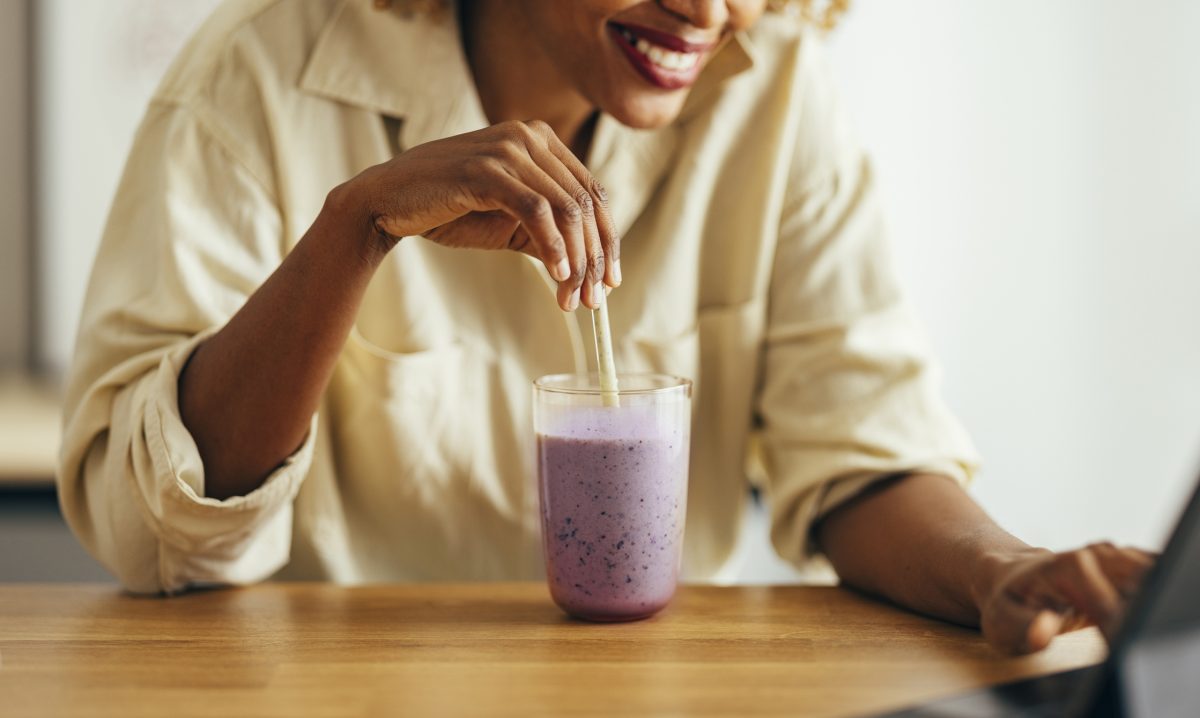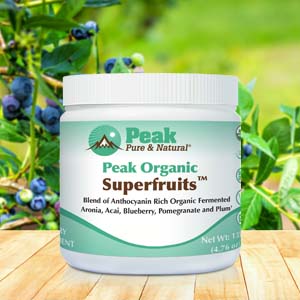As we age, we tend to worry about the health of two of our most important organs — our brain and our heart.
And it’s easy to see why…
Statistics show that one in nine of us will end up with Alzheimer’s and that of all of the diseases out there, heart disease takes more and more lives every year.
However, statistics don’t paint the full picture…
That’s because there are things within our power to keep these organs functioning at their best, like exercise which helps keep them both in tip-top shape.
And if you want something you can do that takes even less time and is super tasty, why not reach for a handful of blueberries?
Not only has past research demonstrated that blueberries pack some clout to dementia-proof the brain in middle age and ward off heart disease, but the results of a multi-study controlled investigation show this holds true even if you’re already well into your senior years…
The ROAB study: improved executive functioning
With aging, dips in executive function, including attention and episodic memory can become more common. This can happen even more frequently in the afternoon following lunch.
However, there is evidence that eating anthocyanin-rich foods such as berries could help reduce this cognitive decline.
Additionally, high blood pressure has been associated with poor cognitive function.
So researchers set out to test the effects of wild blueberry extract on both executive function and blood pressure.
Participants between the ages of 68 and 75 were given either a placebo or a single dose capsule of powdered wild blueberry extract over five weeks in varying dosages (111 mg, 222 mg, 444 mg, 888 mg), with researchers checking outcomes for six hours after taking the doses.
The results showed that while participants who took the placebo experienced drops in executive functioning just four hours post-lunch, those who took the blueberry capsule did not.
Investigators also observed benefits in episodic memory with the 444 mg dosage
But at only 222 mg, participants experienced reductions in both systolic and diastolic blood pressure compared with placebo.
The BEAT study: dosage mattered
Then in the next study, known as BEAT, researchers tested the 222 mg dose after lunch once again for five weeks.
The team recruited 45 participants, aged 68 to 75, to take either the wild blueberry capsule or placebo and once again checked their cognition in the afternoon when a post-lunch dip was anticipated.
Executive functioning reaction time was found to be significantly faster for the blueberry capsule group compared to those taking the placebo.
But at only 222 mg, the researchers didn’t see significant cognitive benefits or cardiovascular outcomes.
Based on the ROAB results, the higher dose of 444 mg was the winner and is probably what you would want to shoot for both better brain and heart health.
The researchers also added that “Investigators may have observed greater benefit in the ROAB and BEAT studies if participants took the supplement over a longer period of time.”
Never too late to reap the benefits of blueberries
If you haven’t enjoyed blueberries regularly, no worries. These studies show that even in our senior years, the benefits can be substantial.
Get started by eating a handful of berries every day (try this trick to get up to 10 times their anthocyanin benefits). Or drink a couple of tablespoons of blueberry juice. You may also want to seek out a blueberry powder drink mix which may be closer to the capsules used in the studies.
My favorite way to get my berry fix is a daily smoothie. I used a berry powder drink mix or fresh blueberries, just depending on what I have on hand:
- 1 cup frozen blueberries or a scoop of berry powder
- ½ cup plain Greek yogurt
- 1 ½ cups water
- 2 tablespoons flax seed
- 1 tablespoon honey
- ½ cup fresh spinach
Simply place all of the ingredients in a blender until smooth and enjoy!
Sources:
Wild Blueberry Extract May Improve Cognition and Cardiovascular Health in the Elderly — Natural Medicine Journal
Alzheimer’s Disease Facts and Figures — Alzheimer’s Association
The top 10 causes of death — World Health Organization
Read full article here




